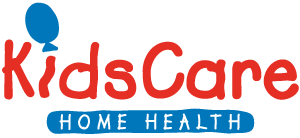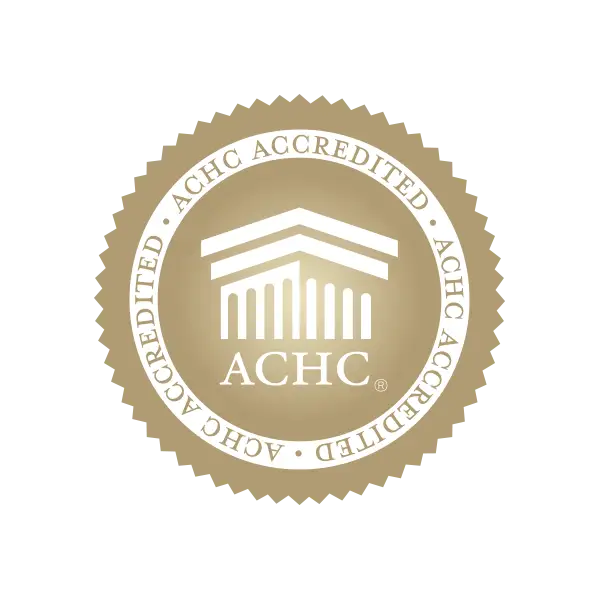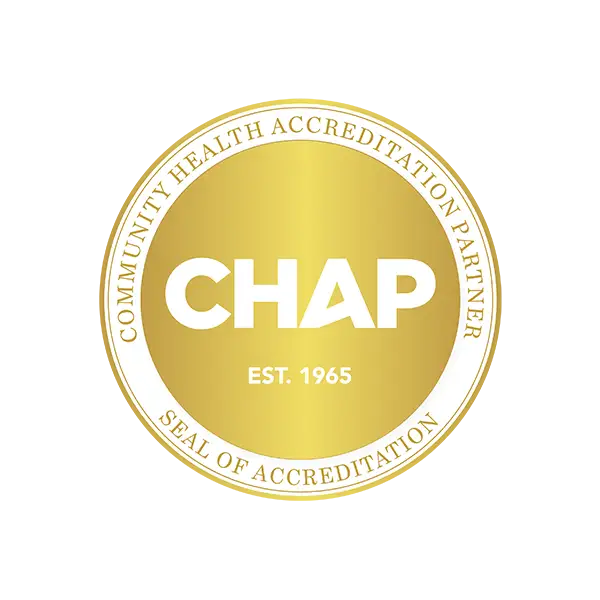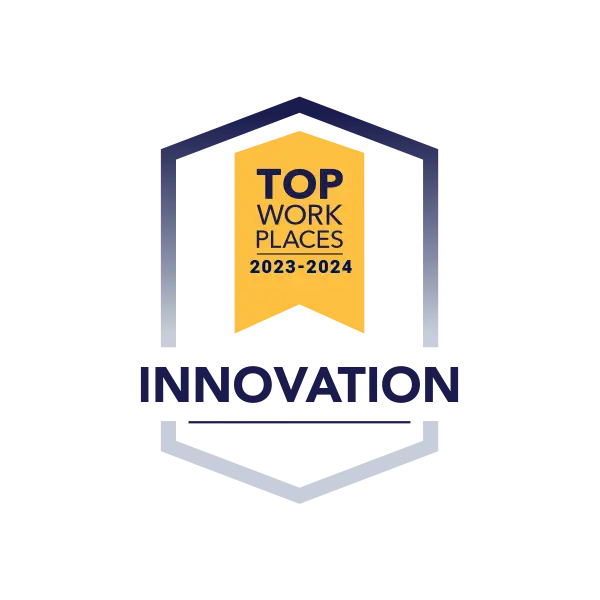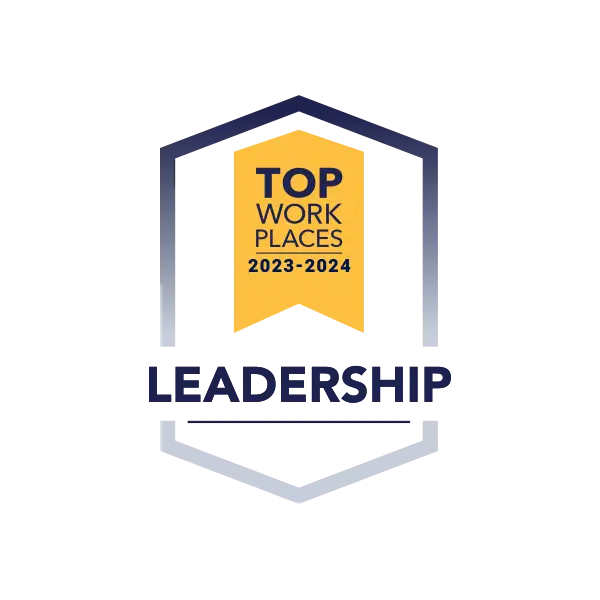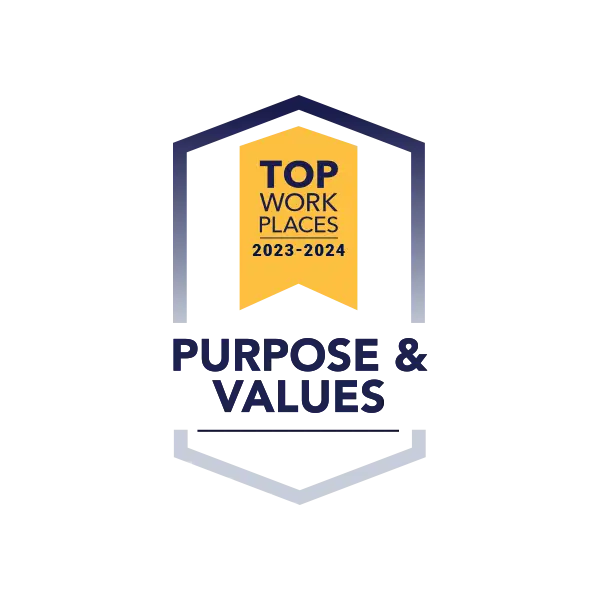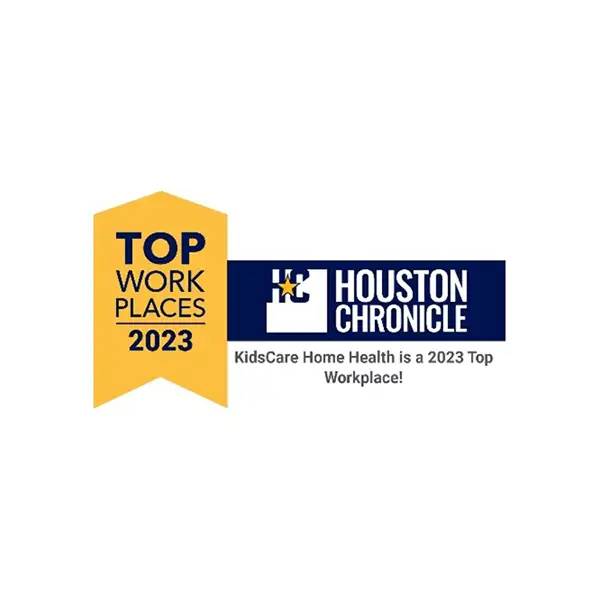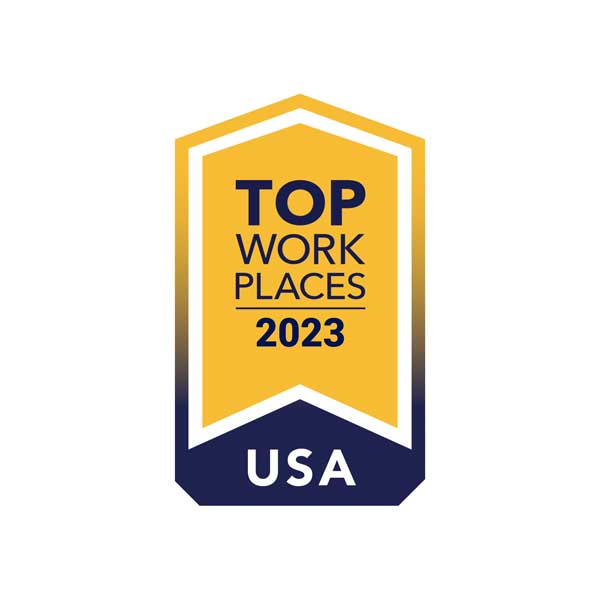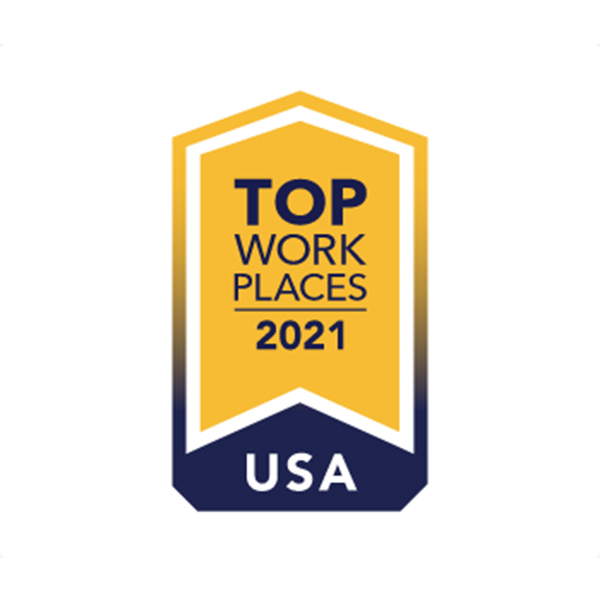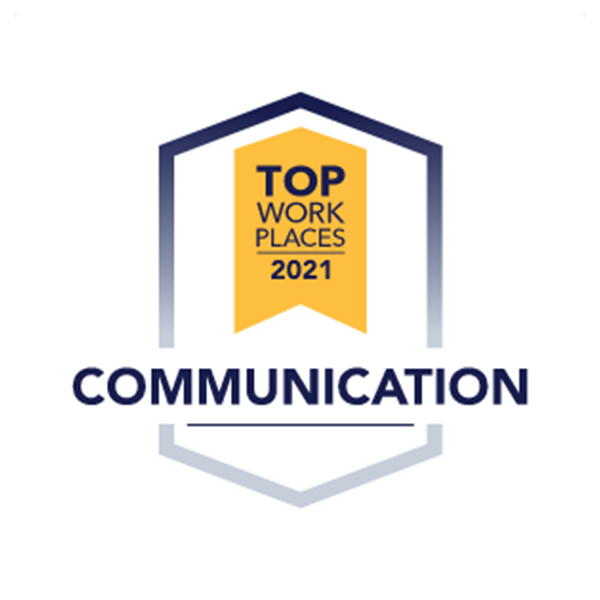
Careers in therapy are deeply rewarding, offering the opportunity to help others improve their lives. If helping others communicate, connect, and thrive motivates you, pursuing a speech language pathology career provides a fulfilling and meaningful path.
In this blog, we are outlining everything you need to know about a speech therapy career, including an overview of the work, the required education, today’s job outlook, and different career paths available for speech-language pathologists (SLPs).
What Does a Speech Language Therapist Do?
Speech language pathologists work with adults and children to evaluate, diagnose, and provide interventions for a wide range of communication and speech disorders, including swallowing disorders. Support begins with understanding the signs of speech and articulation difficulties to guide therapy for communication issues, such as stuttering, feeding disorders, cognitive-communication challenges linked to conditions like dementia or brain injuries, and more.
What kind of work can one expect with speech therapy and speech pathology? Outside of the primary function of assessing and diagnosing communication, speech, and swallowing disorders, SLPs work with individuals to improve communication in a number of ways. Some examples include working with toddlers and preschoolers to develop early language skills, helping veterans with head injuries recover language comprehension, or helping individuals with autism effectively communicate their needs.
SLPs work in a variety of environments, often depending on their specialty, including hospitals, schools, homes, or rehabilitation centers. Private practice is also an option. No matter the location, the goal of a speech language pathologist remains the same, which is improving an individual’s quality of life by helping them to communicate or swallow more effectively.
Education Requirements for Speech Therapy Careers
The path to a rewarding speech language therapist career begins with education. This academic journey starts with a bachelor’s degree and ends with licensing and certification, although there is also continuing education involved.
Bachelor’s Degree Preparation
At the undergraduate level, speech therapy undergraduate degrees are not always available, so many opt for a bachelor’s degree in communication sciences and disorders. Other degree options that align with an SLP career include English or linguistics. When selecting an undergraduate degree to support a speech therapy career, we recommend checking a few SLP graduate programs’ undergraduate degree requirements to ensure alignment.
Master’s in Speech Language Pathology
A master’s in speech language pathology is the next step. The SLP master’s degree program encompasses all the coursework and clinical experience required for students to pursue a speech pathology career. It’s important to ensure the master’s program is accredited by the Council on Academic Accreditation in Audiology and Speech-Language Pathology, which is a part of the American Speech-Language-Hearing Association (ASHA). Students can pursue an SLP master’s degree in-person or online. However, in-person clinical fellowships are a requirement for all students.
Master’s programs in speech pathology typically take about two years of full-time study to complete1, and clinical fellowships usually require a minimum of 36 weeks and involve completing at least 1,260 hours under the supervision of a licensed professional.
Licensing and Certification Requirements
Once all of the academic and clinical requirements are completed, the next step is licensure. This involves passing the Praxis Exam, which is specific to SLPs. A minimum passing score of 162 is acceptable for licensure, and there is no limit to how many times you can take the exam. Test scores remain valid for five years.
There are also state licensure requirements to practice, which vary by state. Requirements typically include an SLP Master’s Degree, completion of the required clinical fellowship and related supervised hours, passing of the Praxis Exam, and continuing education to maintain the license.
There is also an optional Certificate of Clinical Competence in Speech-Language Pathology (CCC-SLP) certification offered via ASHA. However, while optional, many employers may actually require it. In any case, obtaining this certification is a valuable professional achievement.
Career Pathways in Speech Language Pathology

Speech therapy is a broad field and includes many tracks or specialties. Some examples include pediatric speech therapy, aphasia rehabilitation, or voice disorders. The nature and location of the work can also vary, ranging from working with clients in their homes to hospitals, clinics, and other settings.
Clinical Practice
Clinical practice involves working directly with patients. Careers in speech and language pathology can include working with patients in a number of different settings, including schools, hospitals, rehabilitation centers, and private practice.
SLPs can also work with patients directly in their homes, providing a familiar and safe environment for therapy. In-home practice offers more flexibility for both the SLP and their patients and families.
Specialized Fields
The SLP career path includes many specialized fields of practice. Specialties can include language disorders, speech disorders, social communication disorders, swallowing disorders, cognitive communicative disorders, and more. During the graduate program, students gain a broad foundation of the different paths within the field, often narrowing their area of focus later through clinical experience and advanced training.
Job Outlook and Salary Expectations
Within the healthcare field, the future is bright for SLPs. The Bureau of Labor Statistics projects2 a 15% growth in employment for speech-language pathologists through 2034, which is faster than the average for all occupations. They cite factors like an aging population needing care and increased awareness of communication disorders as drivers. In May 2024, the median annual income for SLPs was $95,410.
Skills Needed for a Successful Speech Therapy Career
A blend of technical and soft skills contributes to success as an SLP. Technically, linguistic knowledge, diagnostic expertise, and the ability to implement evidence-based therapy techniques are essential for working effectively with patients. Equally important are clear communication, patience, and empathy, as rehabilitation often involves gradual progress that relies on adaptability and ongoing support. Balancing these skills ensures effective therapy and smooth collaboration with families and other professionals.
Career Advancement Opportunities
After initial clinical experience in practice, SLPs have the option of advancing their careers by assuming different roles or gaining specialty certifications.
Leadership and Management Roles
With sufficient experience, the SLP career path can advance to leadership and management positions. More staff and program development-focused, these roles encompass supervising therapy teams, managing clinical operations, or overseeing an independent practice.
Advanced Certifications
Advanced and specialty certifications demonstrate board-recognized expertise, which can lead to new career opportunities.
Transitioning into Teaching or Consulting
Experienced SLPs have opportunities to transition into higher education to train the next generation of therapists or take on consulting roles to advise organizations, schools, and healthcare providers on best practices.
Getting Started in Speech Therapy
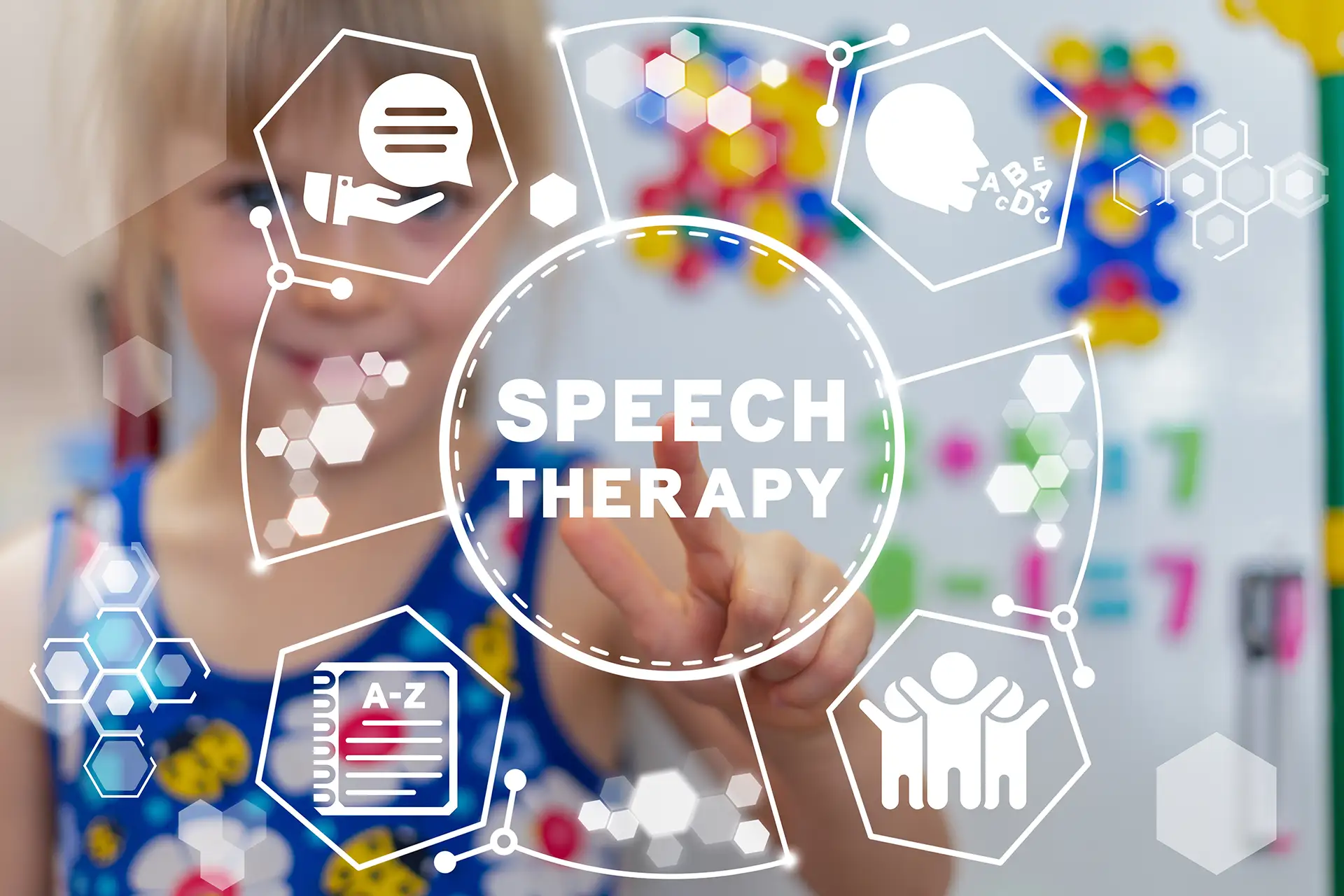
Speech therapy can be a highly rewarding career path. If you’re passionate about helping others communicate, connect, and thrive, a speech therapy career offers a meaningful path. Getting started begins with building the right educational foundation and completing the required training. From there, you can choose the environment that best fits your interests, such as schools, hospitals, or in-home settings, setting the stage for a fulfilling career.
About KidsCare Home Health
KidsCare Home Health is a pediatric home health agency that offers therapy and nursing services to young patients with special needs. Founded by a speech therapist, helping children thrive is at the heart of what we do. For those interested in pursuing a speech language therapist career, pediatric home health is a flexible, rewarding option focused on making a meaningful difference in the lives of young patients and their families.
